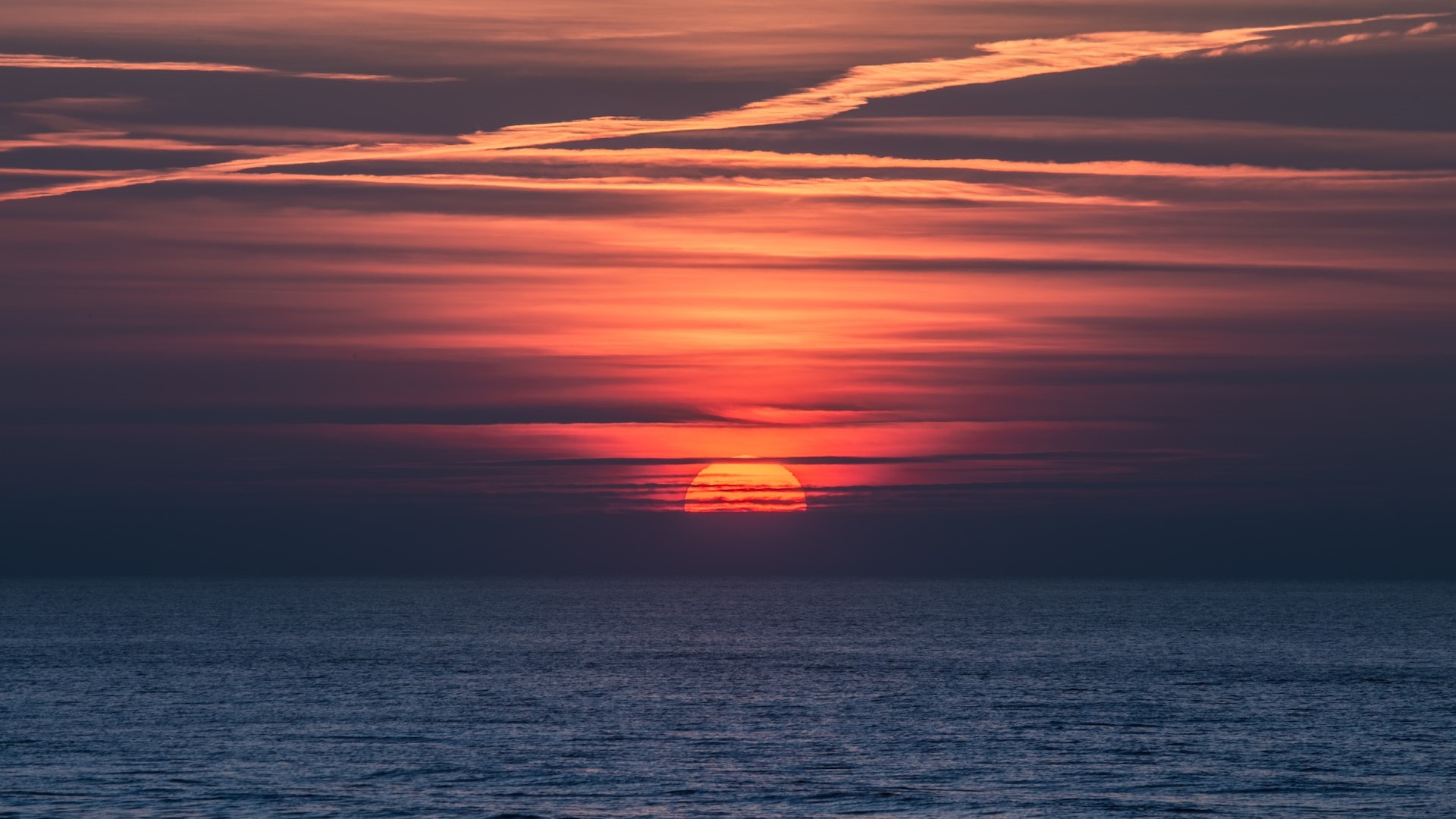It's Darkest Before the Dawn

This week’s Dvar Torah was adapted from one written by Rabbi Josh Feigelson, PhD, President & CEO of the Institute for Jewish Spirituality. He is the author of "Eternal Questions: Reflections, Conversations, and Jewish Mindfulness Practices for the Weekly Torah Portion" (Ben Yehuda Press, 2022) and the host of the podcast, "Soulful Jewish Living: Mindful Practices for Every Day," a co-production of Unpacked and the Institute for Jewish Spirituality.

Photo by Marek Piwnicki on Unsplash
Like so many others, I've been struggling for words since October 7.
"Ein milim" "There are no words" is the phrase many Israelis have used to greet one another.
For me, it feels like what has happened has tested the limits of my ability to formulate words, that language is insufficient to reflect and express all the thoughts and emotions I've been having...
We often use language to bring clarity and light to situations.
So when we have no words, it’s as if we have no ability to create clarity or light.
It’s as if we are stuck in darkness.
Our Biblical forefather Jacob was, for much of his life, also someone who dwelt at times in a kind of (spiritual) darkness. Perhaps we can learn from him.
Parashat Vayishlach brings us to the climax of the story of Jacob, so much of which takes place at night.
As Avivah Zornberg has noted, Jacob is a creature of the dark, the night: He steals Esau’s blessing from his blind father, Isaac, who lives in a kind of perpetual nighttime; his dream of the ladder connecting heaven and earth takes place at night; his own deception at the hands of Laban, resulting in his marriage to not only Rachel but her sister Leah too, happens at night; it’s at night that he paints Laban’s flocks, and it’s in the darkness that he flees Laban with his family.
Now, as he prepares to encounter Esau, he is again awake in the middle of the night, making preparations.
It is notable, therefore, that Jacob’s famous wrestling match with the mysterious man/angel takes place as the sun is about to rise: “And he wrestled with him until the break of dawn” (Bereisheet / Genesis 32:25), and “He said, ‘Let me go, for dawn is breaking,’” (v. 27).
After the angel leaves, the Torah notes that “the sun rose upon him” (v. 32).
Rashi picks up on a perhaps unusual detail in the Hebrew in this last verse: viyzrach lo hashemesh, literally “the sun shone for him.”
Rashi seems puzzled about the word lo, for him.
His first interpretation is that this is idiomatic, the way we might say that “the sun was shining on me” to mean that something good happened for us: “When we reached such-and-such a place, the sun shone on us.”
In this case, it comes to say, perhaps, that the sun shone upon him and he was healed of the injury he sustained in his fight.
Or, Rashi offers, that just as the sun had set when Jacob left home (Gen. 18:11), it now rose to greet him as he returned.
But perhaps the Torah is gesturing at the idea that, after a lifetime of living in the murkiness of the night, Jacob finally experienced the light that comes “seeing the Divine face to face” (v. 31), of arriving at not only a physical but a spiritual home.
Perhaps Jacob is finally at home with himself—and thus prepared to encounter his twin brother not from a place of fear or lack, but from a grounded sense of abundance: “To see your face is like seeing the face of God,” he tells Esau.
“I have everything” (Bereisheet / Genesis 33:10-11)—I am content, I am not afraid, I can embrace you wholeheartedly.
Despite the Rabbis’ midrashic and Talmudic interpretations, I think the plain meaning of the story is that Jacob and Esau both mature into a posture of generosity.
They are willing to give one another the benefit of the doubt, to be charitable in both their speaking and their listening.
We don’t know what might have led Esau to that, but we can see that, for Jacob, it comes about after the profound inner work that allows the shadows of the night to emerge into the warmth and clarity of sunshine.
That’s something I’m working on for myself as a I read and listen to the words of others, and I hope it’s something you’re working on, too.
As we make our way through our own long nights, we need all the help we can get.
May we support one another on the journey toward the dawn.
Shabbat Shalom




